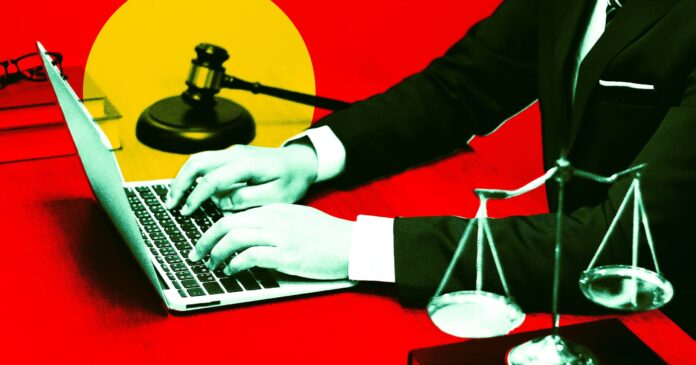In an age where AI like OpenAI’s ChatGPT is increasingly consulted for legal advice, caution is essential. While many users seek guidance on serious matters, including crimes, OpenAI CEO Sam Altman warns that interactions with ChatGPT lack attorney-client confidentiality. Unlike discussions with a licensed lawyer protected by legal privilege, conversations with ChatGPT can be subpoenaed and used against you in court.
Attorney Jessee Bundy emphasizes that users generating legal inquiries through ChatGPT are not receiving professional advice but potentially creating discoverable evidence. She argues users are unknowingly compromising their legal standing, as ChatGPT can’t provide tailored legal strategies or uphold confidentiality. With ongoing litigation regarding user data privacy, the implications of discussing sensitive issues with AI are critical. Legal counsel should always come from qualified professionals who understand your unique situation, not from a language model that lacks accountability. Proceed with caution when seeking legal assistance from AI.
Source link
